
Local Food Directories
Quickly identify nearby suppliers of local food with the Local Food Directory.
Accelerating resiliency planning in communities across the Commonwealth

Quickly identify nearby suppliers of local food with the Local Food Directory.
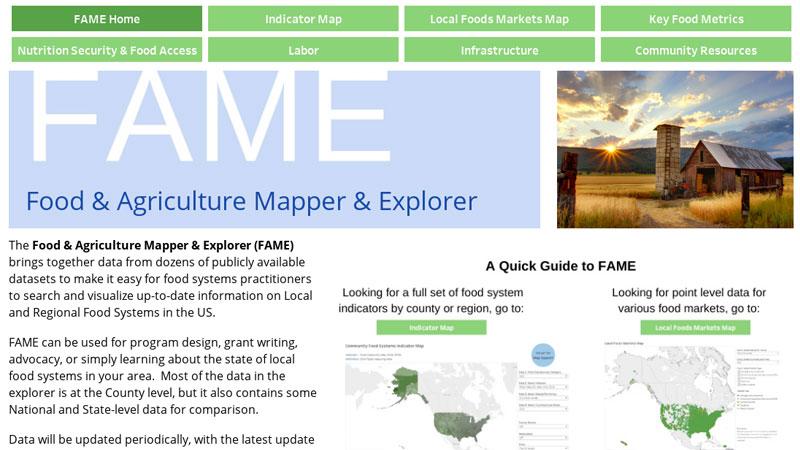
This project provides open-access tools and data to illustrate areas of need and opportunities to close equity gaps related to nutrition, food access, food system labor, and agriculture and food business ownership.
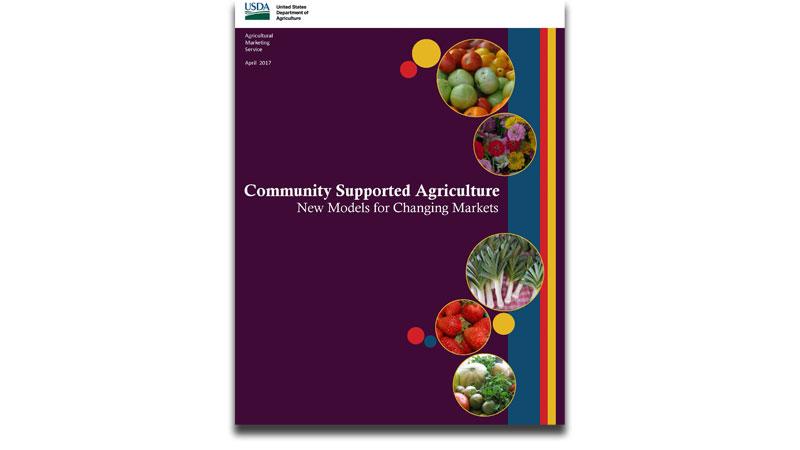
This study identified trends in marketing and business strategies for Community Supported Agriculture (CSA) models in response to changing consumer preferences and direct marketing opportunities.

This guide walks you through the steps of measuring the local economic impact of expanding food hub activities, either from the establishment of a new hub or the expansion of an existing hub.
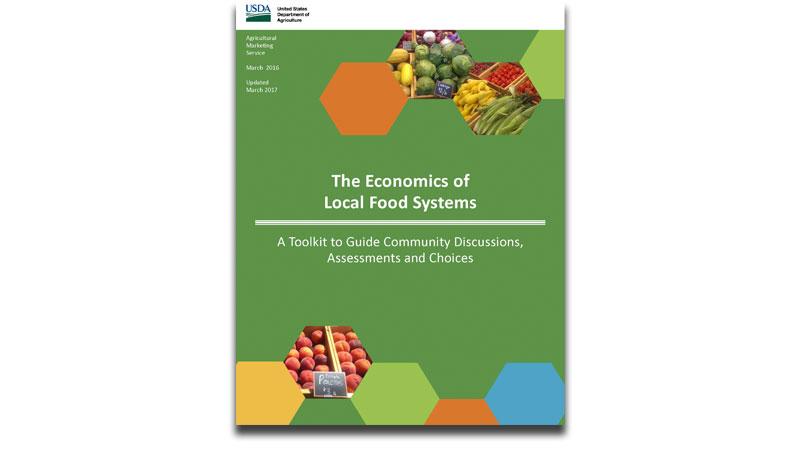
The Economics of Local Food Systems toolkit can be used to assess the economic impacts of a community’s local food system.

Virginia’s Farm to CACFP initiative connects participants to nutrition education, Virginia-grown foods, and gardening opportunities.
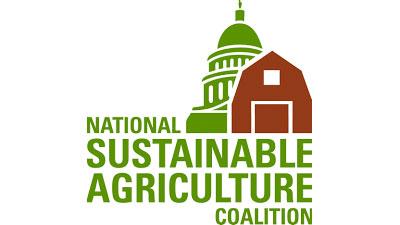
The Grassroots Guide to Federal Farm and Food Programs provides an in-depth look at federal policies and programs most important to sustainable agriculture.
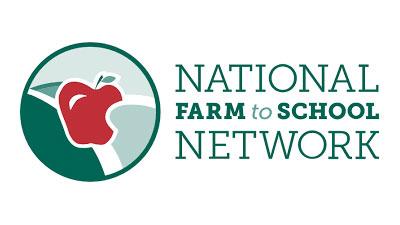
National Farm to School Network is an information, advocacy and networking hub for communities working to bring local food sourcing and food and agriculture education into school systems and early care and education environments.
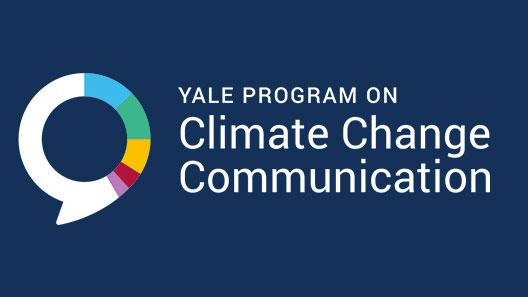
The YPCCC conducts scientific research on public climate change knowledge, attitudes, policy preferences, and behavior at global, national, and local scales.

Quickly identify nearby suppliers of local food with the Local Food Directory.

This project provides open-access tools and data to illustrate areas of need and opportunities to close equity gaps related to nutrition, food access, food system labor, and agriculture and food business ownership.

This study identified trends in marketing and business strategies for Community Supported Agriculture (CSA) models in response to changing consumer preferences and direct marketing opportunities.

This guide walks you through the steps of measuring the local economic impact of expanding food hub activities, either from the establishment of a new hub or the expansion of an existing hub.

The Economics of Local Food Systems toolkit can be used to assess the economic impacts of a community’s local food system.

Virginia’s Farm to CACFP initiative connects participants to nutrition education, Virginia-grown foods, and gardening opportunities.

The Grassroots Guide to Federal Farm and Food Programs provides an in-depth look at federal policies and programs most important to sustainable agriculture.

National Farm to School Network is an information, advocacy and networking hub for communities working to bring local food sourcing and food and agriculture education into school systems and early care and education environments.

The YPCCC conducts scientific research on public climate change knowledge, attitudes, policy preferences, and behavior at global, national, and local scales.
The Lincoln Institute of Land Policy’s Consortium for Scenario Planning is hosting its ninth annual conference February 4–6, 2026, at the University of Utah in Salt Lake City, Utah. Cohosted by the Lincoln Institute, the…
Resilient Virginia Collaborative Alliance Agriculture Working Group monthly meeting. Anyone is welcome to join the conversation!
RVCA Agriculture Working Group
Thursday, October 23 · 11:00am – 12:00pm
Time zone: America/New_York
…
Resilient Virginia’s 2026 Resiliency Academy is a 10-session webinar series designed to help communities understand change, reduce risk, and build long-term resilience using practical, systems-based, and equity-centered approaches.
Virginia is facing growing challenges from sea-level rise, recurrent flooding, extreme heat, and economic disruption—making coordinated resilience planning more essential than ever.
Beginning in 2026, Resilient Virginia will launch the Resilience Foundations Certificate Program, a first-of-its-kind professional development initiative that brings together leaders from government, business, academia, and community organizations to advance systems-level resilience across the Commonwealth.
The Power of Partnership … Spotlight On Webinar Series … Resilience Certificate Survey … Interactive StoryMaps Advance Climate Equity … RVCA Updates … Tackling Emerging Contaminants Water Technical Assistance … Closing America’s Wastewater Access Gap Initiative … Firewise Virginia Community Hazard Mitigation Grant Program … more.
VCU RISE has launched interactive StoryMaps to highlight environmental justice issues in Charles City County, Emporia, and Richmond. Learn how these equity-focused tools blend local data, maps, and community stories to support planning, resource access, and climate resilience.